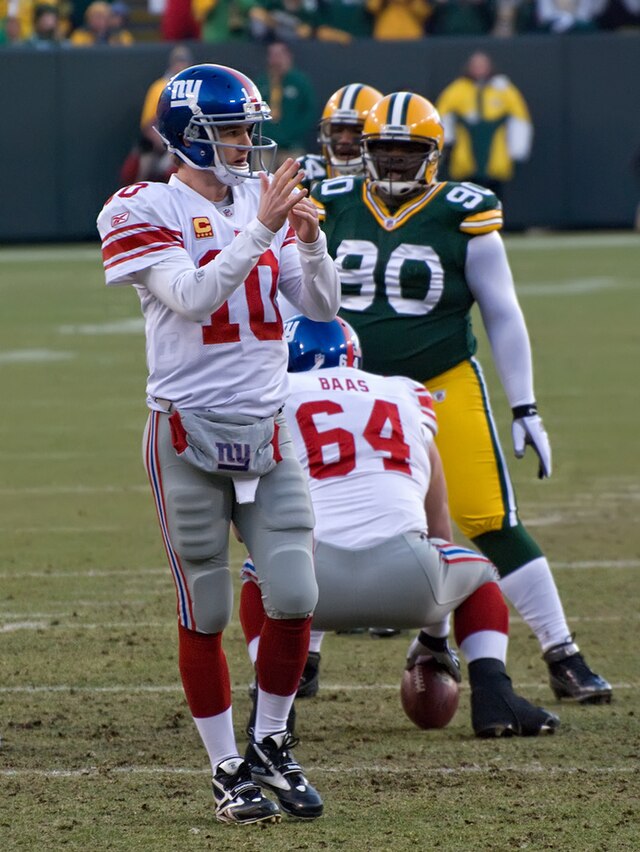The other day, I was watching an NFL game with my buddies. It was a pretty intense match, and we were all glued to the screen. Suddenly, the game stopped out of nowhere, and the ref announced something called an “administrative timeout.” I was like, “What the heck is that?” I’d never heard of it before. Turns out, none of my friends had either. We were all super curious, so I decided to dig into it.

So, I grabbed my phone and started looking up what this “administrative timeout” thing was all about. I mean, I know what a regular timeout is – it’s when a team wants to stop the clock, maybe to talk strategy or give the players a breather. But this was different.
I started reading through a bunch of articles. Apparently, the NFL introduced this thing way back in the 1970s. It’s basically when the game needs to be paused for reasons that have nothing to do with one team trying to get an advantage.
Here’s What I Found Out:
- It’s Not a Regular Timeout: This isn’t like when a coach calls a timeout to plan a play. This is the officials stopping the game for reasons other than the normal flow of the game.
- It’s for the “Good of the Game”: That’s what the articles kept saying. They used this fancy term, but basically, it means that sometimes stuff happens that’s beyond either team’s control.
- Unexpected Delays: I learned that if there’s some kind of unexpected delay like an equipment malfunction, a weird rules situation, or anything that neither team can be blamed for, then an administrative timeout gets called.
- No Timeouts Charged: The best part? Neither team gets charged with a regular timeout. So, they don’t lose one of their precious timeouts because of something they didn’t do.
- 25-Second Play Clock: When the game resumes after one of these timeouts, the teams only have 25 seconds to get the next play going, instead of the usual 40. I guess it’s to make up for the lost time.
After reading all this, it made a lot more sense. I told my buddies about it, and they were all pretty surprised too. We all agreed that it’s a good rule, because it keeps things fair. I mean, imagine losing a timeout because the ref’s microphone stopped working or something!
I always thought I knew a lot about football, but this was a real eye-opener. I’m gonna keep digging into the rules because it makes watching the games even more interesting. Who knew there was so much going on behind the scenes?





